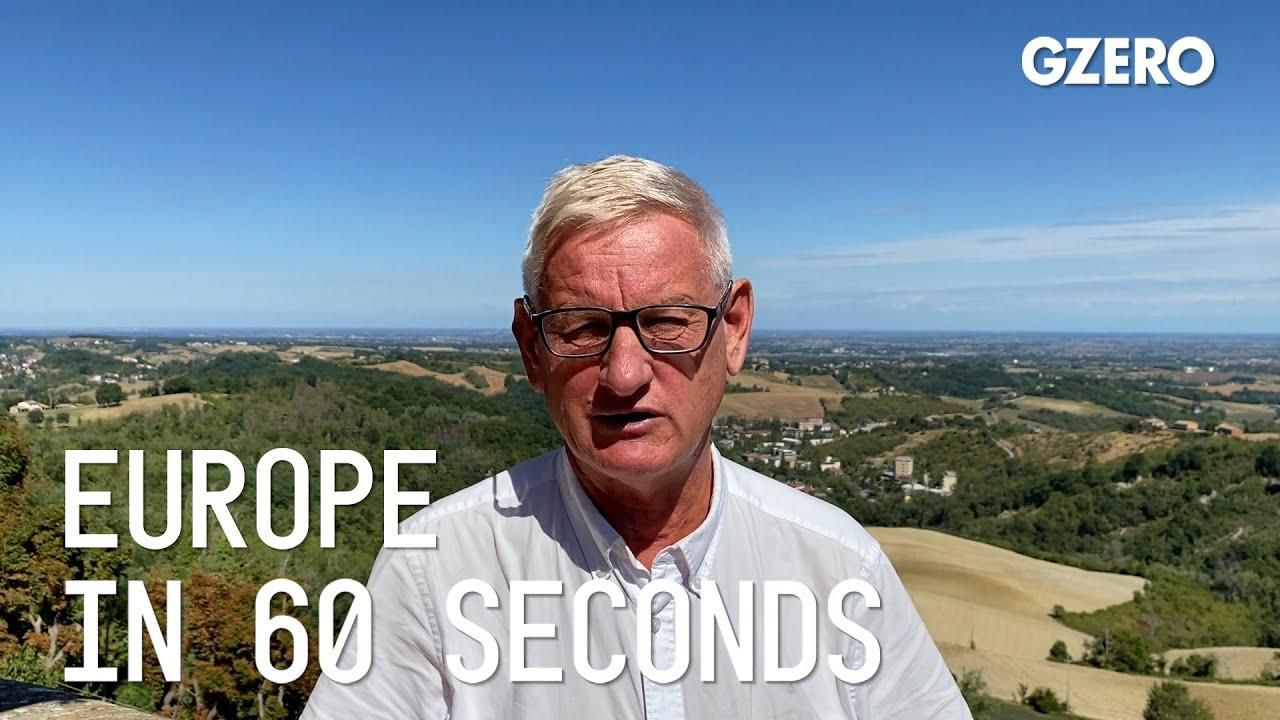
Carl Bildt, former Prime Minister and Foreign Minister of Sweden, shares his perspective from Europe:
What are the fears in Europe stemming out of what is happening in Afghanistan?
Well, there are of course, a lot fears coming, long-term security and other issues, the effect on global politics of this. But more immediate, of course, there is the refugee issue. There's enormous generosity when it comes to full accepting all of those that we've been able to evacuate that have been working with us in force over the years in Afghanistan. But there's also a fear that there will be a repetition of 2015. There are elections coming up in September in Norway and primarily in Germany and in the beginning of next year in France. And you can see the EU internal interior ministers meeting and you can see what President Macron is saying. And I think the reaction is going to be an enormous will to have humanitarian efforts in the region, the hope that the United Nations can stay in Afghanistan and can help in the region. And that is important. But then we also see, of course, that the walls are coming up. The Turks are building a wall on the border with Iran. Greece is building a wall on the border with Turkey. And add to that, of course, we have the problem of the weaponization of refugees. Lukashenko of Belarus is sort of deliberately, a sort of importing, smuggling, and paying for refugees to come to Minsk, and then he is hovering them over the border to Lithuania and Poland and Latvia in order to pressure those particular countries. That has to be reacted to. So, issues are going to be complex when it comes to Afghanistan. We're going to live with the Afghanistan issue for a very long time.
- Europe in "shock & disbelief" over US withdrawal from Afghanistan ... ›
- Where will Afghan refugees go? - GZERO Media ›
- The Graphic Truth: Who hosts the most Afghan refugees? - GZERO ... ›
- Biden's speech on Afghanistan ignores serious failures; Afghan ... ›
- A US veteran on the “betrayal” of leaving Afghans behind - GZERO Media ›